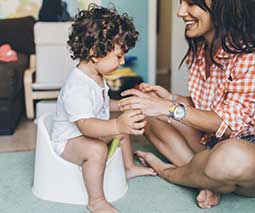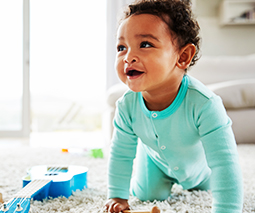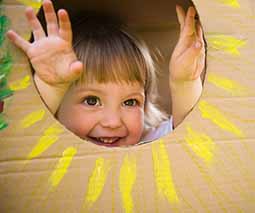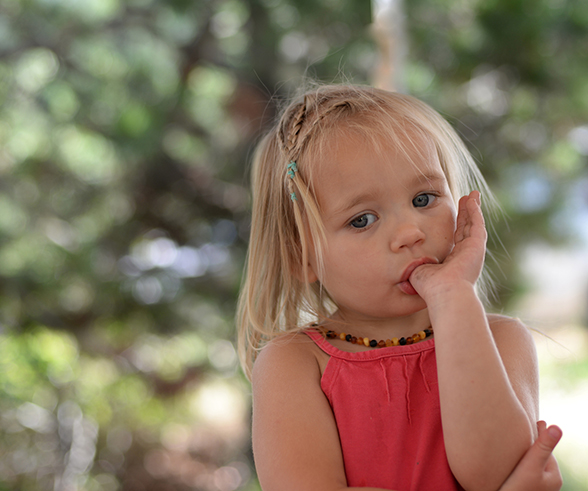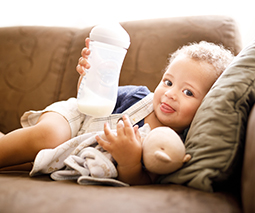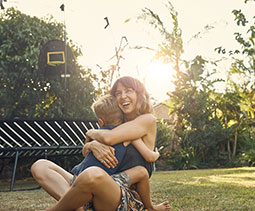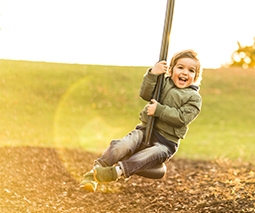Why children find ‘poo’ jokes so funny
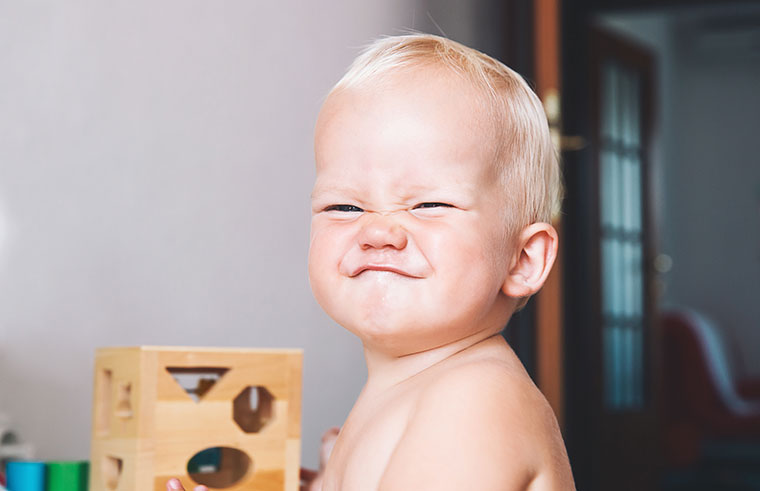
My children find anything to do with poo and bums hilarious. At any given moment, the conversation could head down the toilet. And I have to say that sometimes, it drives me crazy. And I’m not alone in this.
Poo jokes are widespread in children; in fact, it’s an essential and very positive part of their development. In the meantime, how do we, as parents, cope with the poo talk, and more importantly, how should we respond?
Humour is good for child development
The other day, I asked my daughter why she loves talking about poo, bums and wee so much. She said, quite simply, “Because it’s funny.” Fair enough. It’s also pushing the boundaries in a social context and so gets a reaction from adults.
Humour is, in fact, an important part of human development. According to Paige Davis, a psychologist and expert in child development at the University of Huddersfield, this process starts at a very early age.
“You do see infants laughing and smiling, and that’s the beginning of them becoming comic,” she says on The Conversation’s The Anthill podcast.
However, when they reach pre-school age, it starts to become all about poo.
Child psychiatrist at the University of Aberdeen Justin Williams believes that a child’s learning explodes at two to three years of age when they become self-aware and learn about pretence and that words can stand for objects.
“The three-year-old running around the house saying ‘poo’ or pretending to go to the toilet is arguably appreciating the incongruity of being able to use the word liberally,” he writes in an article for The Conversation.
“They are also playing with the action of toileting, the social conventions around it and the possible shameful consequences of incontinence. Toilet humour is, therefore, a natural part of their development.”
It helps them cope with toilet training
Justin says children will also make jokes about poo and wee as they’re dealing with the process of toilet training. It shows that a child is reflecting on what he is learning and the social rules around it. In fact, we all tend to do it when faced with something new or uncertain.
“If you just think about what we all find funny, what makes anybody laugh, it’s the things we’re a bit unsure about, particularly in a social context when we’re unsure about the social rules and about how to behave, we tend to make jokes about that,” says Justin. “It’s not really surprising that when children, at that stage when they’re learning the social convention, they have a lot of anxiety about whether or not they can manage to cope with those social conventions that they start to make jokes about it.”
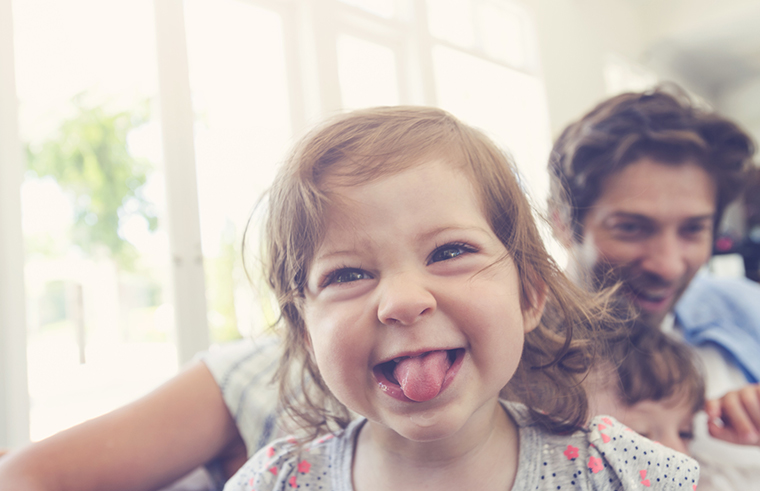
How to respond to poo jokes
Sometimes the poo talk is amusing, and it’s hard not to laugh. Paige says it’s fine to share in the interaction, just not too much. While it might have been funny the first time, it may not be quite so funny the hundredth time.
“Kids are going to have to learn because they’re going to be functional members in society that some poo jokes are okay, but there are times and places for poo jokes,” she says. Paige suggests letting them join in other jokes that they are unable to make yet, showing them that there are other things to joke about and help them to joke at a higher level.
For toddlers, going through toilet training, Justin believes it’s okay to share in the poo joke as it shows children that it’s fine to talk about it.
“This limits the shame and embarrassment that occurs during the inevitable accidents, helps develop the social bond and fosters that open channel of communication between parent and child that is so important in the long run,” he says.
What can you do?
Fortunately, toilet talk is not forever – or is it? My kids are still doing it. The actual words themselves are not so funny, but the way they use those words is still a source of constant entertainment.
Children do tend to grow out of it, but according to Justin, it sticks around in everyone to some extent. “I don’t think it ever goes away really,” he says.
